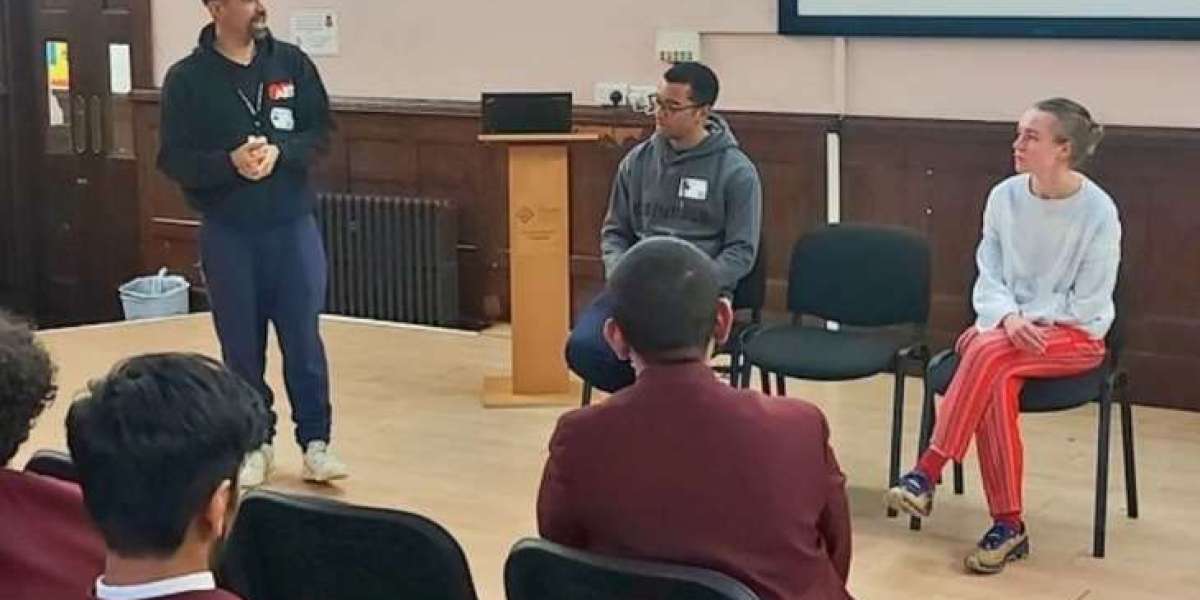Introduction
Manchester, a city known for its cultural diversity, is home to a growing number of Islamic schools that serve the educational needs of its vibrant Muslim community. These schools provide students with an education that balances academic excellence with Islamic values, allowing them to excel in both their faith and their studies. For parents seeking the best environment for their children, Islamic schools in Manchester offer a variety of options at both primary and secondary levels.

A Growing Demand for Islamic Schools
With the Muslim population in Manchester steadily increasing, the demand for faith-based education has grown. Parents are looking for schools where their children can learn without compromising their Islamic identity. This demand has led to the establishment of schools that not only deliver the UK National Curriculum but also integrate Islamic studies, Qur’an, and Arabic language.
Key Islamic Schools in Manchester
Manchester is home to several well-established Islamic schools, including:
Manchester Islamic Grammar School for Girls (MIGSG) – Renowned for academic excellence and spiritual guidance, this school provides a safe environment for Muslim girls.
KD Grammar School for Boys – Focused on academic rigour and Islamic studies, this school shapes confident young men ready for higher education.
Manchester Muslim Preparatory School (MMPS) – One of the oldest Islamic primary schools in the UK, combining high-quality academics with faith.
Schools under the Manchester Islamic Educational Trust (MIET) – Offering consistent Islamic ethos across different age levels.
Curriculum and Teaching Approach
Islamic schools in Manchester follow the National Curriculum while enriching it with religious education. Students study core subjects such as English, maths, and science, alongside Qur’anic studies, Arabic, and Islamic history. This dual focus ensures that children graduate with both strong academic skills and a firm grounding in faith.
Teachers in these schools act as role models, guiding students academically and spiritually. The smaller class sizes also allow for personalised learning and closer relationships between teachers and students.
A Supportive Islamic Environment
A key benefit of Islamic schools is the nurturing environment they create. Students are encouraged to practice their faith openly, with daily prayers, Islamic dress codes, and faith-based assemblies. This supportive environment helps children grow with confidence in their Muslim identity while also excelling academically.
Extracurricular Activities
Islamic schools in Manchester also offer a range of extracurricular activities such as sports, debate clubs, community service, and cultural events. These activities promote teamwork, leadership, and social responsibility.
Community Involvement
Most Islamic schools maintain strong links with local mosques and community organisations. Students are often involved in charity drives, interfaith dialogues, and volunteer work, which instils a sense of responsibility and service to the wider society.
Conclusion
Islamic schools in Manchester are playing a vital role in shaping the next generation. By combining strong academic teaching with Islamic values, they offer students the tools to succeed in life while staying rooted in their faith. For families seeking an education that nurtures both mind and soul, these schools provide an inspiring and supportive path to excellence.














